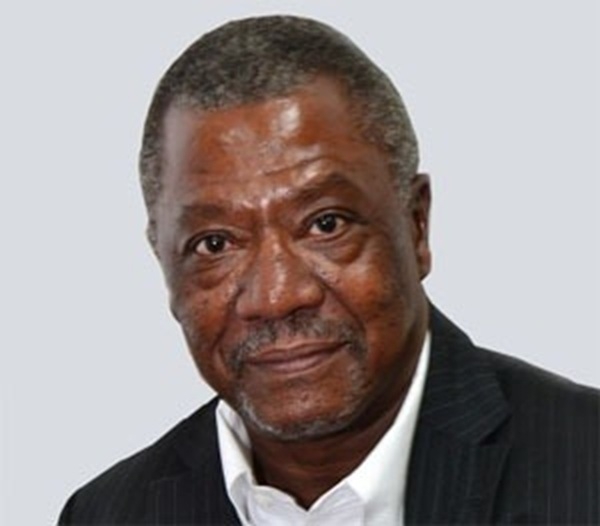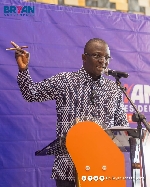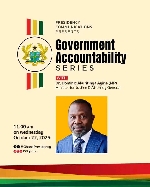Galamsey: Cadman Atta-Mills raises red flags over shadow bans on X
 Cadman Atta-Mills
Cadman Atta-Mills
In recent days, conversations about galamsey, Ghana’s long-running illegal mining crisis, have taken an unexpected turn from rivers and forests to the timelines of social media.
Economist Dr. Cadman Atta-Mills, brother of the late President John Atta Mills, has stirred public debate after claiming that his posts about galamsey and related governance issues were mysteriously losing visibility on X (formerly Twitter).
“I have noticed sudden dramatic drops in impressions and likes on my posts since October 18,” he wrote.
“I hope and pray that X is not shadow-banning individuals perceived as anti-government.
That would be most disappointing.”
His post has since triggered wide discussion, with other users, including former Deputy General Secretary of the NDC, Mr Koku Anyidoho, reporting similar experiences.
Many now suspect that accounts posting about environmental degradation or political accountability may be quietly pushed out of users’ feeds.
“Shadow banning” refers to the covert restriction of a user’s content without their knowledge, allowing them to post normally while making their content less visible to others.
The practice is controversial because it blurs the line between moderation and censorship.
Although X has previously admitted to “visibility filtering” posts that violate its content policies, the platform has maintained that it does not suppress political views.
In Ghana, however, users are beginning to question whether that remains true, especially when posts about illegal mining, corruption, or pollution suddenly experience a sharp drop in engagement.
The suspicions come at a time when social media has become the main arena for activism, policy criticism, and citizen journalism.
For many, the idea that certain voices could be muted intentionally or algorithmically raises concerns about the health of digital democracy.
While there is no official evidence of state influence over content moderation in Ghana, the perception alone has created unease.
Critics argue that reducing visibility for posts on galamsey undermines advocacy efforts to protect the environment, an issue that continues to cost Ghana its rivers, forests, and livelihoods.
Others caution that not every drop in engagement points to censorship; X’s algorithmic changes, content sensitivity filters, and follower activity can all affect reach. Still, for those whose voices drive
Trending News

Victor E. Smith: GH-US Amb remembers Mrs Agyeman-Rawlings 'who introduced me into active politics'
18:02
NPP PC for Ejura challenges Bryan Acheampong on fertiliser allegations
06:27
Dr. Apaak pays unannounced visit to selected SHSs in Volta Region
06:53
Fiscal, environmental crimes: President Mahama announces plans to establish Specialised Financial Courts
20:58
Three arrested for shooting incident and trespassing at Celebrity Golf Club
16:14
President Mahama assures continued Ghana-Grenada rapprochement
18:18
Gov't committed to completing the Agenda 111 projects-Health Minister
17:19
Victor Smith pays tribute to late former First Lady Nana Konadu Agyeman-Rawlings
15:58
I didn’t distribute fertilisers to NPP PCs in 2024 polls - Bryan Acheampong
06:22
Attorney-General addresses nation on ‘Operation Recover All Loot today
03:15



